Noah Coburn: Related Content

Article
A dystopian metropolis plagued by dragons. A disillusioned detective back on the beat. An exploration of what it means to be black, feminist, and female in America. A deep dive into the new science of psychedelics. Across millions of words and myriad perspectives, one constant is clear: 2018 was a big year for Bennington writers.
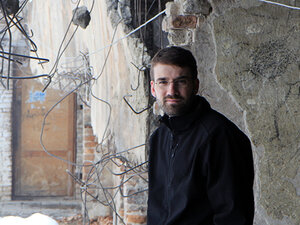
Article
Faculty member Noah Coburn has been monitoring Afghanistan’s upcoming presidential election with a team of Afghan researchers in Kabul.
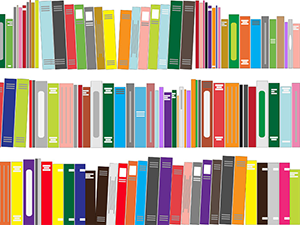
Article
While students embark on Field Work Term, an annual work-learning term during which students gain hands-on experience and test their classroom ideas in the world of work, Bennington faculty and staff offer their reading recommendations to keep everyone’s intellectual juices flowing wherever they are.
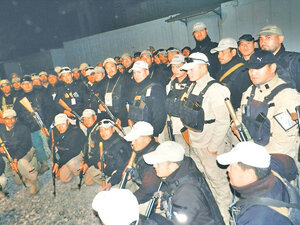
Article
An op-ed by anthropology faculty member Noah Coburn in the Kathmandu Post warns of the growing risks for international security contractors—particularly those from Nepal—being hired by private companies to assist the Afghan military in an increasingly unstable region.

Article
Over the summer, the pop-up course Understanding and Responding to COVID-19, Crisis and Quarantine gave Bennington students, staff, faculty, alumni, and community members a chance to connect with one another while examining the unfolding COVID-19 crisis across disciplines, from anthropology to mathematical modeling to poetry to film.
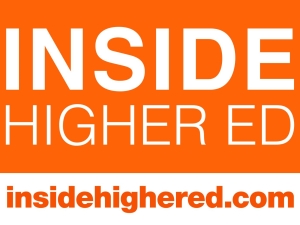
Article
Faculty member Noah Coburn, along with Abdul Khabir Saber and Malvika Dang '24, shared what they learned about teaching students from and about Afghanistan despite Taliban restrictions that have stifled education in the country.

Article
Faculty member Noah Coburn is a 2022-2023 recipient of The Fulbright Global Scholar Award, which will allow him to focus on the teaching of conflict using interdisciplinary methods at liberal arts-style universities in three very different post-conflict settings: Fulbright University Vietnam, Leuphana University of Lüneburg, Germany, and RIT Kosovo (formerly the American University of Kosovo).
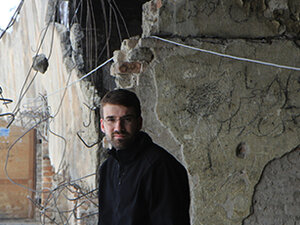
Article
Meet faculty member Noah Coburn, who is teaching Social Inquiry in an Age of Upheaval as part of the Bennington Early College Program.
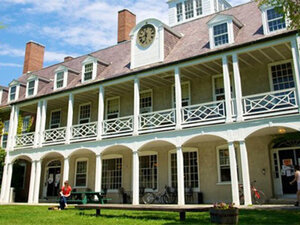
Article
Bennington College has received a $300,000 two-year grant from the Davis Educational Foundation, which will support restructuring the academic leadership team to strengthen the student experience.
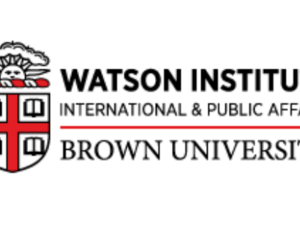
Article
Noah Coburn was the lead researcher for a report released on Monday from Brown University’s The Costs of War Project. This report discusses The United States’ Special Immigrant Visa (SIV) Program, which was designed to help Afghans and Iraqis in danger as a result of their service to the U.S. government, yet fails to properly support those who need it most.
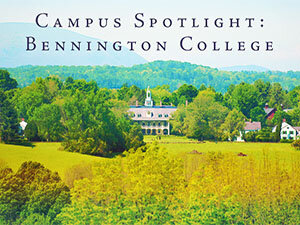
Article
EuropeNow Journal's October 2020 issue highlights the work that Bennington College students and faculty have done in partnership with the Consortium on Forced Migration, Displacement, and Education.
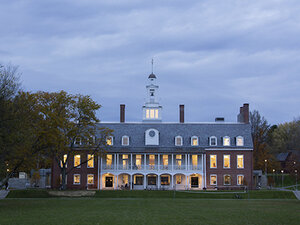
Article
Vermont Public Radio featured Bennington College as part of its "Syllabus for Survival" series, highlighting the College's unique Plan Process and Field Work Term as distinguishing components of a Bennington education.

Article
While students embark on Field Work Term, an annual work-learning term during which students gain hands-on experience and test their classroom ideas in the world of work, Bennington faculty and staff offer their reading recommendations to keep everyone’s intellectual juices flowing wherever they are.

Article
While students embark on Field Work Term, an annual work-learning term during which students gain hands-on experience and test their classroom ideas in the world of work, Bennington faculty offer their reading recommendations to keep everyone’s intellectual juices flowing wherever they are.
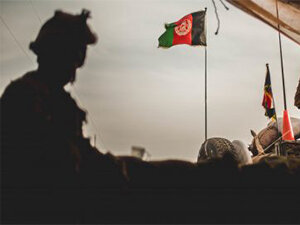
Article
Afghanistan's parliamentary elections, scheduled for October 20, 2018 after a long delay, will give a sense of how far diplomatic and military efforts in the country may—or may not—go in the future, writes faculty member Noah Coburn in The Diplomat.
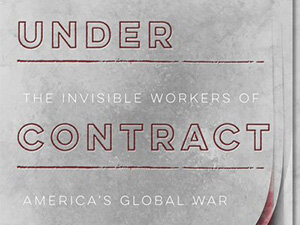
Article
In September, Noah Coburn published his fourth book, Under Contract: The Invisible Workers of America's Global War.
Part memoir, part travelogue, and part retelling of the war in Afghanistan through the eyes of workers, Under Contract unspools a complex global web of how modern wars are fought and supported, narrating war stories unlike any other.
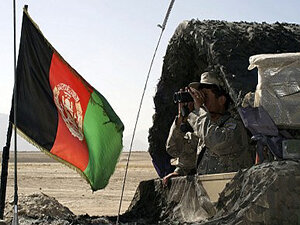
Article
In an editorial for The Diplomat, faculty member Noah Coburn opposed the Trump administration's consideration of an Afghanistan strategy that places greater dependence on private security contractors.

Article
The Diplomat published an opinion piece by Noah Coburn about the decreasing confidence many Afghans feel for their government and the possibility of change.
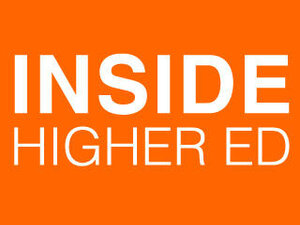
Article
Inside Higher Ed wrote about Bennington’s pop-up courses, highlighting the flexibility of the model, and the breadth the pop-up courses offered by faculty members across the disciplines.
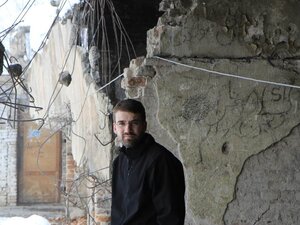
Article
Faculty member Noah Coburn was recently quoted in a New York Times article about Afghans' increasing reliance on the Taliban to settle justice disputes.
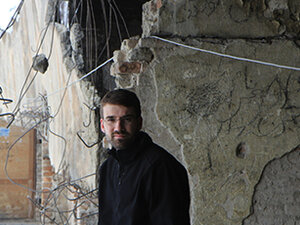
Article
Noah Coburn’s work in anthropology was featured in an article about the danger that a damaged economy can present to small villages in Afghanistan, a danger that can rival even that of war. The author of the article quoted passages from Coburn’s 2011 ethnography, Bazaar Politics: Power and Pottery in an Afghan Market Town.
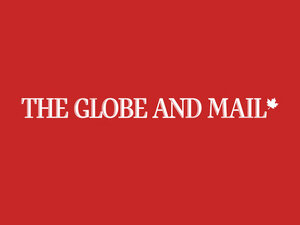
Article
Noah Coburn published an opinion piece in the Globe and Mail arguing that if Canada and the U.S. are going to continue to rely heavily on security and other contractors, they must examine the human and political cost.
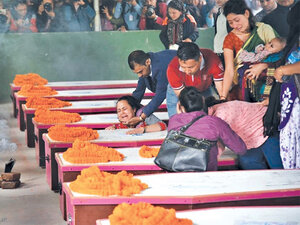
Article
Faculty member Noah Coburn published an opinion piece on the need for better cooperation and transparency, via the Kathmandu Post. He argues that Both Nepal and the governments of donor countries have failed to provide any protection for migrant workers.
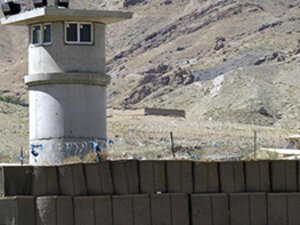
Article
Noah Coburn spoke to BTWBerkshires about his new book, Losing Afghanistan: An Obituary for the Intervention, recently published by Stanford University Press, and his longtime work in that country studying the effects and conditions of war.

Article
Two students, two alumni, and a faculty member have been awarded 2015 Fulbright grants to support their academic and professional work abroad.